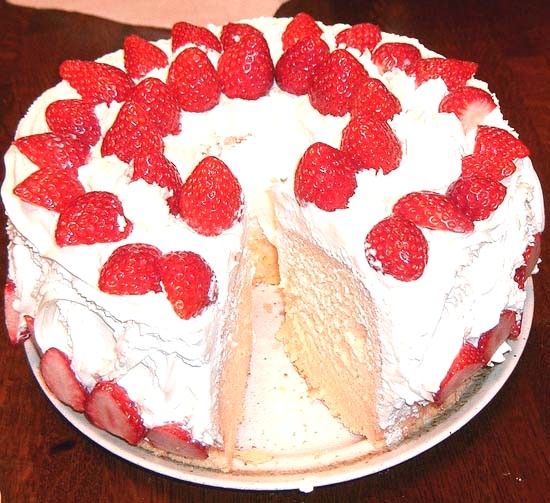There was the rather modern (then) language of the Système International, which gave us, for instance, the Joule instead of the old foot-poundall (foot-poundalls sound like something from the Dark Ages, but they were certainly encountered by my husband, who's only seven years older than me); and then, in contrast, there was the rather archaic language of what was then called Domestic Science (which meant housework, more or less: my husband never encountered this at all because he was a boy) which gave us Cream of Tartar.
I resented having to study Domestic Science quite passionately, but having said that I must admit I'd much rather eat something containing Cream of Tartar than potassium hydrogen tartrate:

(And before anyone gets too high-horse about the precision of scientific names, I must point out that potassium hydrogen tartrate also goes about under the aliases of potassium acid tartrate and monopotassium tartrate.)
Potassium hydrogen tartrate is also called, most wonderfully, wine diamonds, because you sometimes find crystals of it on the underside of wine corks. Any left behind in an empty bottle is called by the very beautiful name of beeswing.
Anyway, where can you find the stuff? Possibly in soda bread, and possibly in toffee, Spanische Windtorte, scones, and Charlotte russe. Almost certainly in Turkish Delight. It's also found in Baking Powder, so it's in most English cakes.
It used to be used as a purgative (though it contains too much potassium to be entirely safe) and it's also used in solder, so it might even be helping hold your car together.
But, for me, eating cake is the way to spot this one: not that you'll be able to distinguish it among all the other ingredients, but I reckon it still counts.

Spot the Frippet: potassium hydrogen tartrate. Potassium comes from the New Latin potassa, potash, hydrogen comes from the Greek hudōr, water, and tartrate comes from the Mediaeval Greek tartaron.
No comments:
Post a Comment
All comments are very welcome, but please make them suitable for The Word Den's family audience.